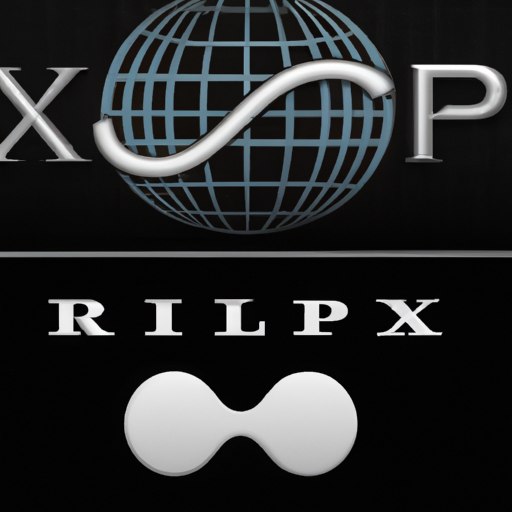Ripple Challenges SEC Claim That XRP is Just a Piece of Computer Code
Key Points:
- Ripple is pushing back against the SEC’s assertion that XRP is merely a piece of computer code.
- The SEC filed a lawsuit against Ripple Labs, alleging that the company conducted an unregistered securities offering through the sale of XRP.
- Ripple argues that XRP is a fully functional digital asset with real-world utility.
- The company believes that XRP should be classified as a currency, similar to Bitcoin and Ethereum, rather than a security.
- Ripple aims to challenge the SEC’s classification of XRP to provide regulatory clarity and protect the broader cryptocurrency industry.
Recently, Ripple Labs, the San Francisco-based blockchain firm, has been locked in a legal battle with the U.S. Securities and Exchange Commission (SEC) over the classification of its digital asset, XRP. In its lawsuit, the SEC claims that Ripple conducted an unregistered securities offering through the sale of XRP.
Ripple, on the other hand, is challenging the SEC’s core argument: that XRP is nothing more than a piece of computer code. The company argues that XRP functions as a fully decentralized digital asset with real-world utility, and therefore should be classified as a currency rather than a security.
Ripple’s position is that XRP serves a similar purpose to Bitcoin and Ethereum, which have both been deemed to be currencies by the SEC. The company asserts that XRP is used as a medium of exchange and a bridge currency in cross-border transactions, enabling faster and more efficient global payments.
By challenging the SEC’s claim, Ripple hopes to obtain regulatory clarity not only for itself but also for the wider cryptocurrency industry. The outcome of this legal battle could have far-reaching implications, as it may shape how digital assets are classified and regulated in the United States and potentially influence the stance of other global regulators.
It is clear that Ripple is seeking to defend its position and secure a favorable outcome in order to continue operating without significant disruption. The result of this legal battle could have a profound impact on the future of XRP and the broader cryptocurrency market. Only time will tell how the court will rule and what implications it will have for the development and regulation of digital assets.
Hot Take: Ripple’s Efforts Are Crucial for the Crypto Industry
Ripple’s challenge to the SEC’s claim that XRP is just a piece of computer code is a crucial endeavor for the entire cryptocurrency industry. The outcome of this legal battle will not only affect Ripple but also shape the regulatory landscape for other cryptocurrencies. If Ripple successfully convinces the court that XRP is a currency with real-world utility, it could set a precedent for how digital assets are classified and regulated in the United States.
The classification of cryptocurrencies has long been a subject of debate and uncertainty. Many innovative projects have found themselves entangled in legal battles, facing regulatory hurdles due to unclear guidelines. By striving to establish a clear distinction between digital assets and securities, Ripple is working towards creating a more favorable environment for blockchain innovation and adoption.
Regardless of the outcome, Ripple’s fight against the SEC is a significant milestone in the maturation of the crypto industry. It highlights the need for comprehensive regulatory frameworks that can accommodate the unique characteristics of digital assets. Clarity regarding the classification and regulation of cryptocurrencies will benefit both the industry and investors, fostering innovation while ensuring consumer protection.
